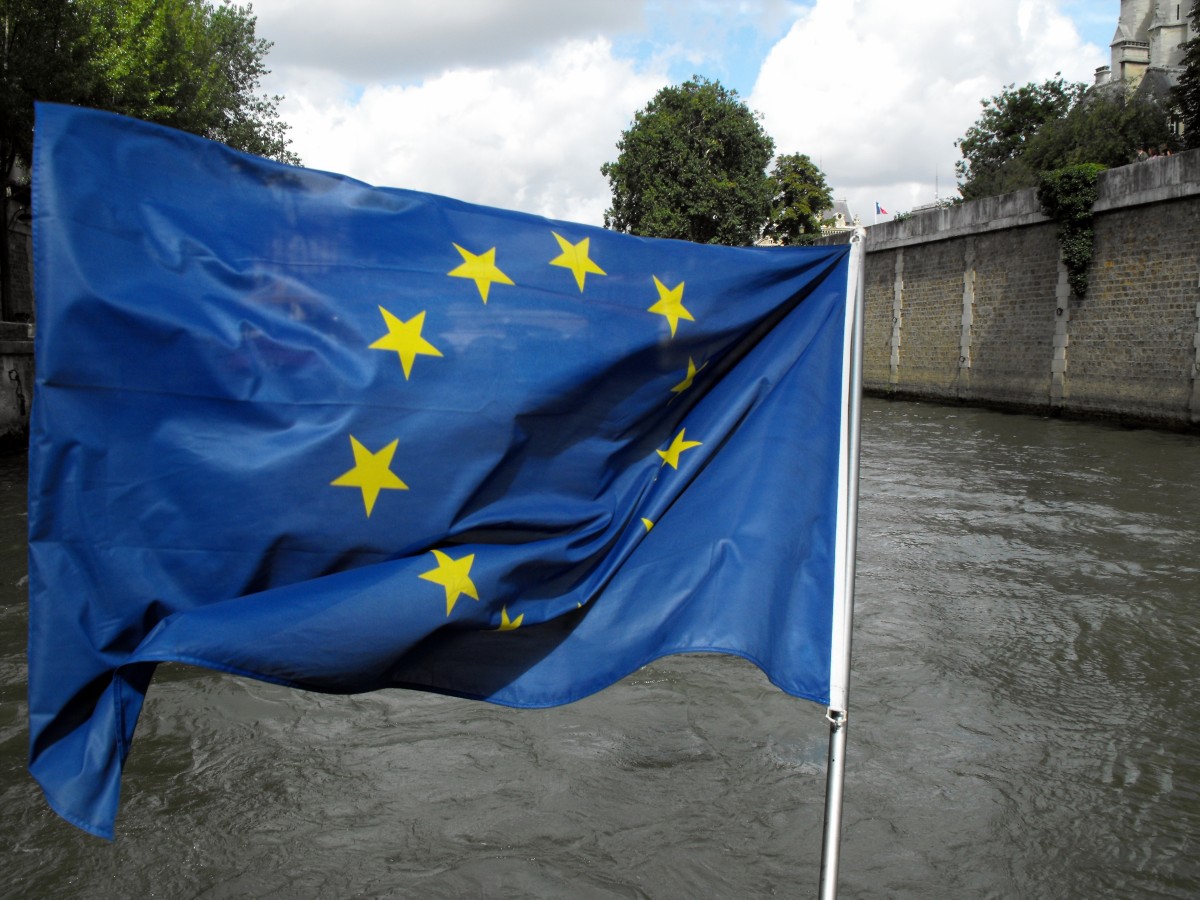Sponsored Content
Austria's Confidence in the EU is Dwindling: A Reflection of Global Uncertainty
The mood among Austrians toward the European Union is tense. A recent survey by the Austrian Society for European Policy (ÖGfE) shows that only 61% of respondents are still in favor of remaining in the EU. This represents a significant decline compared to previous surveys and reflects the growing uncertainty among the population.
 A recent survey by the Austrian Society for European Policy (ÖGfE) shows the Austrian population's dissatisfaction with the EU. / Picture: © Flickr / Dimitar Nikolov / [CC BY-SA 2.0(https://creativecommons.org/licenses/by-sa/2.0/)]
A recent survey by the Austrian Society for European Policy (ÖGfE) shows the Austrian population's dissatisfaction with the EU. / Picture: © Flickr / Dimitar Nikolov / [CC BY-SA 2.0(https://creativecommons.org/licenses/by-sa/2.0/)]
The Secretary General of the ÖGfE, Paul Schmidt, attributes the growing skepticism to a number of factors: a weak economy, persistently high inflation, and the increasing presence of voices critical of the EU. The geopolitical situation, which has been exacerbated by conflicts such as the war in Ukraine, is also contributing to the uncertainty.
The results of the ÖGfE…
or Log In
Fast News Search





